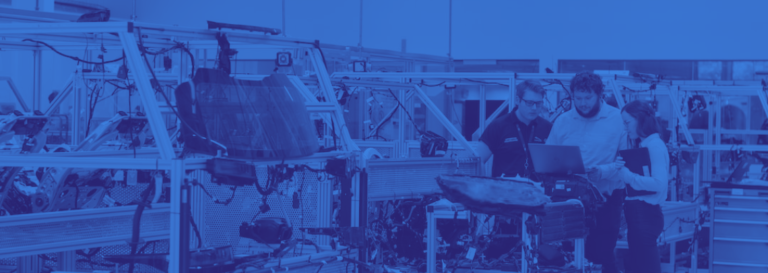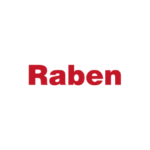Manufacturing Execution Systems (MES) have been around for almost two decades, so they are no longer something new. They emerged as a natural recognition that computer technology could be integrated with mechanical engineering to produce more, faster, more efficiently and with higher quality than ever before. Sound trivial? No more than the question ‘why the production should be monitored at all’, the answer to which, however, is worth taking some time to look at the process from two perspectives: operational and long-term.
From an operational perspective, I monitor production in order to know where I am with the execution of the plan, how the execution is in relation to the actual course of our production. One could use the analogy of satellite navigation. We have a set route from point A to point B, and the signal from the satellite tells us in real time where we are on our route, informing us, incidentally, of traffic jams. If we take a wrong turn, the navigation will be able to tell us how to reach our destination. The same applies to production scheduling or production control from an operational perspective. We set a production schedule and expect immediate feedback to tell us where we are. If this place deviates from the assumptions, we have a basis for updating our production plans.
What about the long-term perspective? I think we all realise that we won’t be able to optimise, improve processes that we can’t measure. We need information about how production processes actually work. We want to know the real picture of production. What for? To make the right decisions. For this, we need reliable, correct data that we are absolutely sure reflects the real picture of production. Reporting on the start and end times of individual activities, production, changeovers or intermediate activities is standard. It is standard to report on downtimes, the number of products produced and the reasons for any defects. On the other hand, you have to ask yourself, what do I want to achieve in the overall production management process? What can I expect?
Firstly, we close the feedback loop with the production schedule – a typical PDCA, plan-do-check-act cycle, where we create a production schedule, communicate it to production, monitor the implementation and draw conclusions based on a gap analysis. Secondly, we can verify to what extent our assumptions that we made at the planning stage are valid and correct. By comparing the plan and implementation with each other, we can easily obtain a list of discrepancies and reflect on the reasons for them. Thirdly, we can clearly determine the actual efficiency of the use of resources, people, machines, tools. Fourthly, we will know the actual quality of the process. We will find out how much we actually produce, how much raw materials we actually use. We will find out where and for what reason defects, incomplete parts occur. Each of these information provides a basis for improvement, for perfecting the production process.
Once we know what to expect from MES systems, it is time to ask ourselves what to look for when searching for a specific system? Firstly, let’s not look for a system until we have clearly defined business objectives, until we have built a production management concept. Secondly, scalability – let’s choose a system that is adaptable to our production management concept. To put it simply, let’s choose a system where we only pay for the elements that we actually use at the moment. But on the other hand, a system that will allow us to continue to grow. Thirdly, flexibility – a good system will allow us to be as self-reliant as possible in adapting to these changing internal and external conditions. Lastly, the fourth element to look at is ease of use when it comes to production terminals. It’s supposed to be simple, it’s supposed to be intuitive. After all, people should be producing, not standing at terminals and spending their time just reporting. Remember – the system is for us, not us for the system.
Michał Żelichowski
expert and advisor to the eq system management board
Do you have any comments or questions? Contact the author of the article via LinkedIn



































